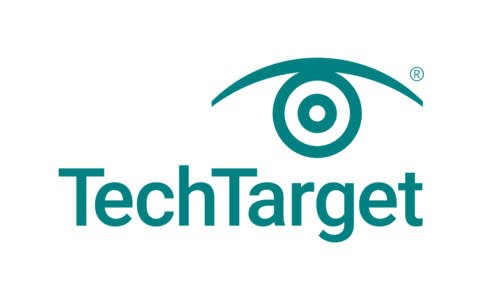Generative AI Strategies Are Rapidly Emerging as Organizations Pursue Historic Transformation, New TechTarget Research Finds
New research reveals that GenAI strategies among business and public-sector organizations are moving forward with astonishing momentum.
42% of organizations already using GenAI for a variety of business and IT use cases and an additional 43% currently in the planning or consideration phase.
Organizations are now scrambling to assemble teams, budgets, and technologies to support numerous applications of the technology that have the potential to transform business and IT processes as we know them.
TechTarget’s Enterprise Strategy Group, a leading IT analyst, research, and strategy firm, today announced new research into Generative AI (GenAI), a technology poised to significantly disrupt and advance modern business and IT operations. The study reveals that GenAI strategies among business and public-sector organizations are moving forward with astonishing momentum as organizations scramble to assemble teams, budgets, and technologies to support numerous applications of the technology that have the potential to transform business and IT processes as we know them.
Mike Leone, Principal Analyst at Enterprise Strategy Group
The new report, Beyond the GenAI Hype: Real-world Investments, Use Cases, and Concerns, summarizes a global survey of 670 technology and business professionals involved with their organization’s GenAI initiatives across North America, Europe, Asia and Latin America. The survey found substantial activity underway, with 42% of organizations already using GenAI for a variety of business and IT use cases and an additional 43% currently in the planning or consideration phase. This mounting interest correlates with a recent surge in technology buyer research on GenAI across the TechTarget network of media properties, which experienced a 247% increase in GenAI audience activity from Q1 2023 to Q2 2023 worldwide.
GenAI is poised to have a profound impact on the technology market and broader economy, as organizations will infuse the technology into all aspects of their business. Amongst survey respondents, expectations are high for targeted use cases, with organizations believing that GenAI will most benefit customer service (48% of respondents), marketing (45%), software development (43%), IT operations (38%), and product development (37%). Crucial initiatives required for successful digital transformation will also benefit from GenAI, as more than half of organizations expect GenAI to improve process and workflow automation, data analytics and business intelligence initiatives, and employee productivity.
Amid this broad enthusiasm, GenAI’s breakneck pace is spawning increased concerns across numerous areas. Organizations report challenges with skills gaps, ethical and legal considerations, data quality and more as they work to ensure internal and external GenAI implementations are effective, trusted and secure. Because speed is of the essence in a market increasingly positioning GenAI as a strategic imperative for competitiveness, organizations are prepared to lean on third parties where necessary to advance these initiatives.
According to the report:
51% of organizations plan to work with a third-party provider that offers proprietary or open-source large language models (LLMs) to support their GenAI initiatives.
More than half of organizations reported that they are more likely to consider technology vendors that incorporate GenAI capabilities into their product or service versus a competitive vendor that does not offer comparable GenAI capabilities.
That said, organizations are not yet willing to pay substantial premiums for GenAI-equipped solutions, underscoring the need for further education and assessments.
“Generative AI has moved passed the hype stage and organizations are rapidly adopting this game-changing tech. They’re seeing tangible business benefits from improving operational efficiency and automating processes to increasing employee productivity and enhancing the customer experience,” said Mike Leone, Principal Analyst at Enterprise Strategy Group. “But challenges loom large as organizations grapple with skills gaps, data issues, infrastructure complexities and security and privacy concerns. And that’s before considering the cost implications. Virtually every organization needs help somewhere along this new journey, whether establishing use cases with measurable success metrics, identifying technology providers and partners, scaling usage throughout an organization, or reducing risk and ensuring trust through a responsible AI framework.”
To learn more, please visit TechTarget’s Enterprise Strategy Group at www.techtarget.com.


